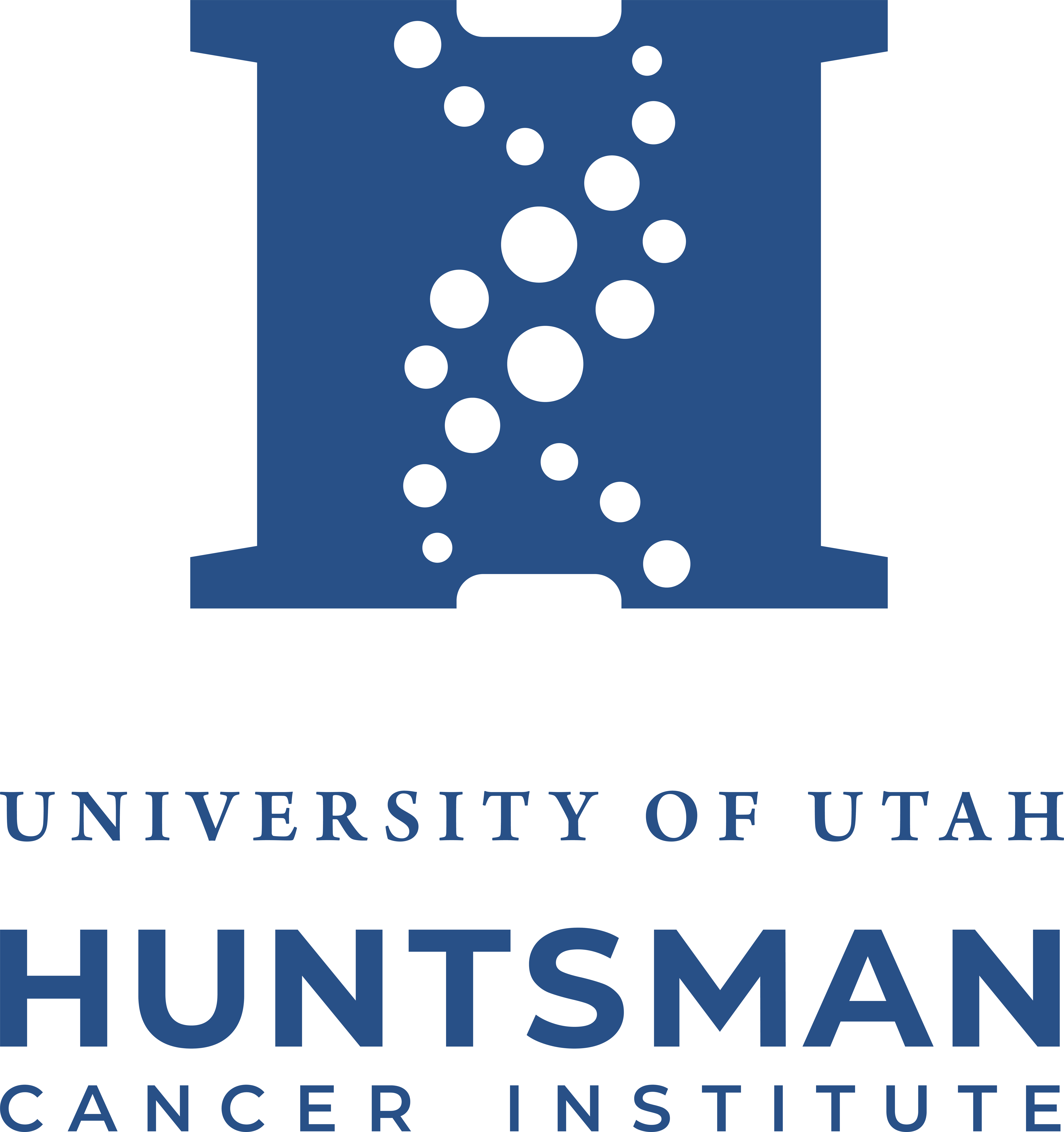
Dr Mitzman on the Emergence of Immunotherapy in Early-Stage NSCLC

Brian Mitzman, MD, FACS, FCCP, discusses the emergence of immunotherapy as a treatment option for patients with early-stage non–small cell lung cancer.
Brian Mitzman, MD, FACS, FCCP, assistant professor, Division of Cardiothoracic Surgery, the University of Utah Huntsman Cancer Institute, discusses the emergence of immunotherapy as a treatment option for patients with early-stage non–small cell lung cancer (NSCLC).
Until recently, the standard of care for patients with stage II or early stage III NSCLC involved resection followed by chemotherapy. However, data from recent clinical trials evaluating immunotherapy in this patient population have paved the way for novel treatment options for patients with early-stage NSCLC, Mitzman says.
In May 2022,
Data from the phase 3 IMpower010 study (NCT02486718) supported
Finally, in January 2023, the FDA approved pembrolizumab (Keytruda) as an adjuvant treatment following resection and platinum-based chemotherapy for patients with stage IB (T2a ≥4 cm), II, or IIIA NSCLC, based on data from the phase 3 KEYNOTE-091 trial (NCT02504372). Findings from this study showed that patients in the pembrolizumab arm experienced a median DFS of 58.7 months (95% CI, 39.2-NR) compared with 34.9 months (95% CI, 28.6-NR) for those in the placebo arm (HR, 0.73; 95% CI, 0.60-0.89).
Within his clinical practice, the approval of neoadjuvant nivolumab plus chemotherapy has had the most impact, Mitzman concludes.




































